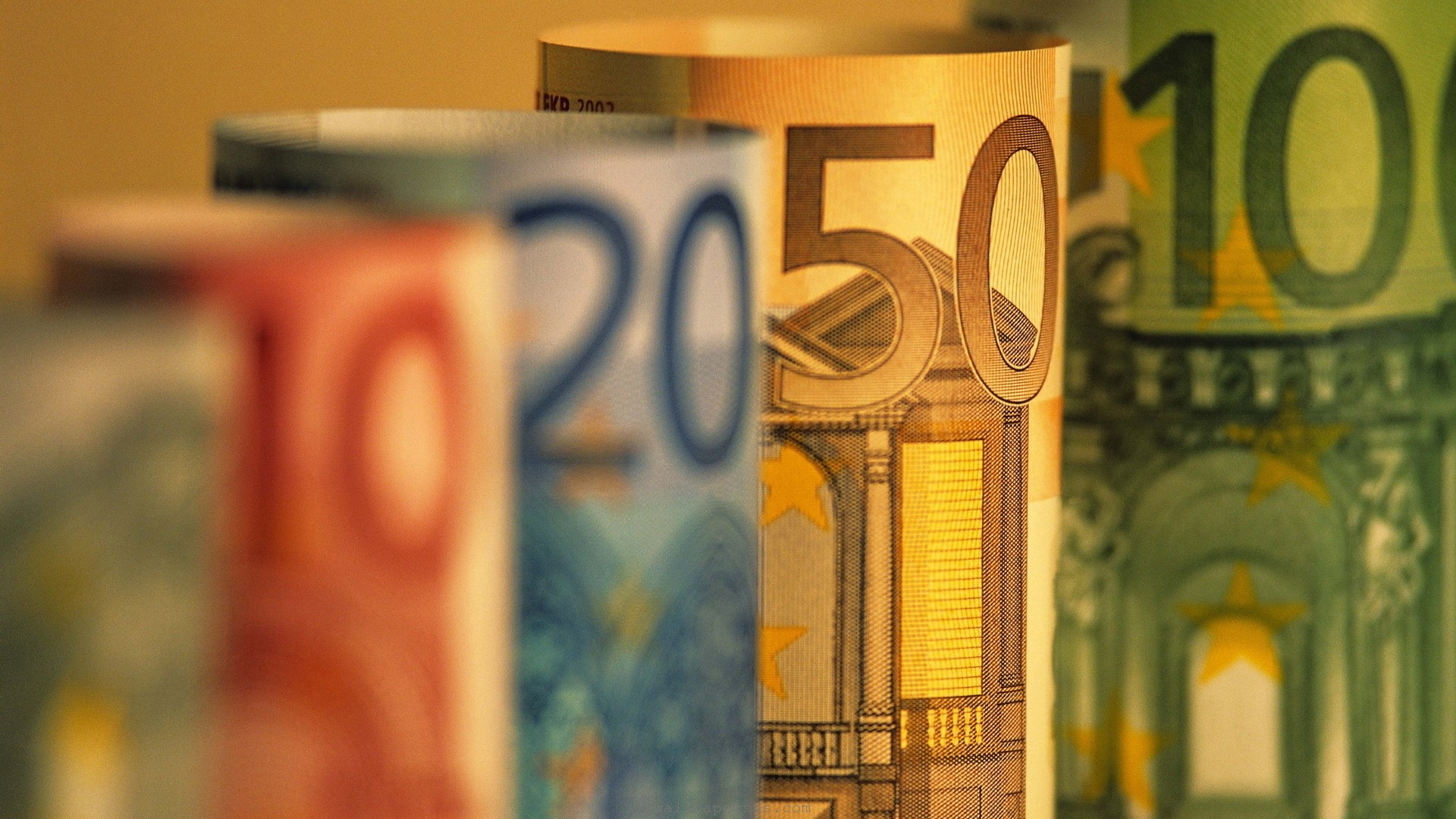http://www.huffingtonpost.com/elena-panaritis/european-debt-crisis_b_1959016.html
Europe’s economic crisis is like a runaway freight train and its politicians have yet to find a way to stop it before it breaks ground and completely derails.
All the while, the crisis continues to escalate unabated. In Greece, for instance, efforts to tame the country’s monstrous debt (expected to reach 180% of GDP in 2013 — much more than previously projected) with several rounds of fierce budget cuts and three years of severe austerity have probably done more harm than good for its beleaguered economy, which is expected to shrink by 7% this year.
In the absence of a realistic timetable or successful plan of action to solve the crisis, Europe’s politicians seem stuck. They have failed to contain the prolongation and the spread of the crisis despite numerous Eurozone summits and other high-level talks about how to save Europe’s single currency. It seems as though it has become easier to turn this crisis into a moral and ethical crisis that uses Greece as a target.
They have lost sight of the real problem — the structural problems stemming from high administrative burdens and the unpredictability of tax systems (France and Greece, for instance, have changed their rate of taxations multiple times) that ultimately result in too-high production costs, which in turn stifle creation and restrain innovation.
This is exactly what is keeping European economies from growing.
Now that we have identified the problem, it’s time to find a solution by changing the conversation in Europe.
The conversation about the need to compete with emerging markets like China and India is mute. Europe does not need to compete with these countries. Europe needs to compete with Europe in order to move to the next level, become efficient and spur innovation and herald a new wave of development and growth.
To do this, Europe needs to start looking ahead and focus on the so-called Blue Ocean Strategy as regards its economic development. Europe also needs to create new market space — getting a bigger Bottom Line — to render the competition irrelevant.
But even though innovation is the undeniable key to success, Europe seems to be stuck on a Red Ocean strategy (a market-share battle) — a conventional approach to business of beating the competition in an existing confined market space. This is one reason the European Union — one of world’s largest trading blocs — is a long way away from becoming the world’s most competitive.
Europe is also bogged down by too much bureaucracy, too many regulations and a relatively unstable tax regime in many of the EU member states. In France (the second largest economy in Europe), for example, tax laws have been amended eight times over the past two years. Greece has made some 16 revisions.
It’s this combination of excessive bureaucracy and over-regulation that is ultimately keeping Europe from becoming an attractive incubator of innovation and entrepreneurship.
Today’s European economic model stumbles on the very high costs associated with processes and transactions. This is largely due to vested interests and the burdensome bureaucracy that unavoidably hides the creation of more reforms. This is why sweeping simplifications are necessary.
Economists’ incessant pleas for more flexibility have largely gone unheard. It’s been more than 20 years since economists started urging EU policymakers to reform labor markets and ease rigidities in the markets. Only Germany has listened, mainly after the pressure created with the unification of East Germany. By doing so, Germany has achieved the highest level of labor reforms in the entire 27-member bloc. The other economies have yet to follow suit.
What lies ahead?
Europe is at crossroads. It’s either going to remain stuck in an old school productive model based on heavy industry, manufacturing and services and no real innovation or it’s going to create an economic ecosystem for the next generation.
Since it is counterproductive to try to out-perform the competition because it reduces prices, Europe should be creating new markets (or blue oceans) by investing in new technology and new ideas. The creation of new sectors, however, is not going to be easy. Europe needs to start by making some deep changes in its economic pattern of behavior and pass structural reforms aimed at simplifying procedures and encouraging innovation.
It’s not too late for Europe to turn things around and start pioneering a new generation of groundbreaking industries in an uncontested market space. The list of possible industries is endless and includes everything from high-tech applications of traditional sectors (tourism and agriculture) to green investing and impact investing.
Europe should re-power its Silicon Valley-like engines to promote entrepreneurship. It’s currently losing its high-tech talent to countries like the United States where the infrastructure is already in place and investment capital is easier to access. An infusion of venture capital funds and expertise can help Europe’s engineering and technology universities create a new generation of entrepreneurs.
Europe can start by forming new markets that combine technology with traditional industry and services.
If policymakers do not embrace creativity and innovation, Europe will end up becoming a very well-experienced butler to China and Asia in general. It’s just as John Maynard Keynes, the 20th century’s most influential economist, had said about the British economy — that it would become the butler of the United States if it stubbornly refuses to adjust to modernization.
Time is of the essence
Europe needs to start rebuilding its rickety foundation of productivity because financial markets are merciless and move at a much faster pace than any bureaucratic policy decisions in Brussels.
The crisis, which started in Greece, sounded all types of alarm bells but they were not heard.
The current productivity model fuels informality, especially in the periphery of the European Union. The informal economy has grown from the need to circumvent the overregulation under-regulation and inflexible procedures and the unpredictability of extralegal procedures, rules and regulations.
The findings of the World Bank’s 2012 Doing Business Survey speak volumes. Debt-stricken Greece ranks 135 out of 183 countries as regards the ease of setting up a business. Spain ranks 133 and Austria 134. Even Germany, the European Union’s powerhouse, holds the 98th spot — nowhere near New Zealand, Australia and Canada (the top three countries). The United States ranks 13.
A poor showing on the World Bank’s survey denotes the intractability of bureaucracy — all the messy overregulation, under-regulation and the super-regulation that is difficult (at times impossible) to bypass.
There is only one solution. It’s three-fold and involves simplification, deregulation of the market and standardization of procedures. All three can lead to low costs and wider bottom lines (profits).



